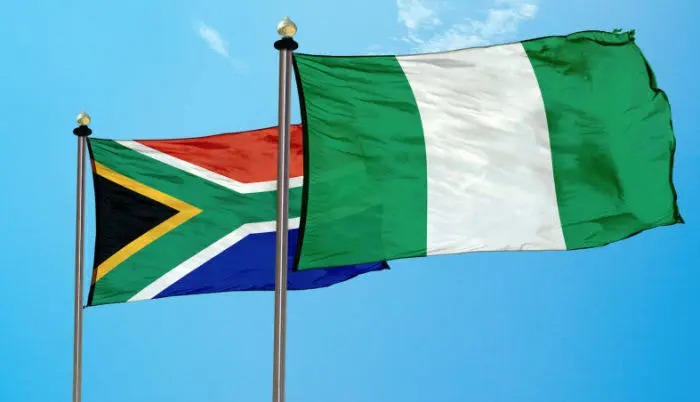On Friday, the global anti-money laundering watchdog FATF added South Africa and Nigeria to its grey list of countries that have failed to combat money laundering and terrorism financing. It was a setback for Africa’s two largest economies.
The Paris-based Financial Action Task Force’s (FATF) decision shows global banks, financial institutions and investors that the countries are not fully complying with anti-money laundering and terrorist financing standards.
This is despite South Africa’s desperate attempt to pass several relevant laws late last year and recently sent a high-level delegation to the FATF.
The FATF acknowledges that South Africa has made significant progress on many of the previous recommendations made to the country. Still, more needs to be done to increase investigations and prosecutions related to money laundering cases and to seize assets that are the proceeds of criminal activity.
“When FATF places a jurisdiction under enhanced monitoring, it means that the country is committed to expeditiously resolving the identified strategic deficiencies within the agreed time frame and subject to enhanced monitoring. This list is often referred to externally as the grey list, it said in a statement issued after its meeting.
The FATF continues to identify other jurisdictions with strategic deficiencies in their systems to combat money laundering, terrorist financing and proliferation financing, the statement said.
“In February 2023, South Africa made a high-level political commitment to work with the FATF and strengthen the effectiveness of its anti-money laundering (AML) and countering the financing of terrorism (CFT) regime.
“Since its adoption in June 2021, South Africa has made significant progress on several (recommendations) to improve its systems, including developing a national AML/CFT policy to address heightened risks, and the newly revised legal framework, among others,” the statement added.
The FATF listed eight areas South Africa still needs to work on before removing it from the grey list.
These include South African authorities imposing effective, proportionate and effective sanctions for non-compliance; demonstrating a continued increase in investigations and prosecutions of severe and sophisticated money laundering; enhancing the identification, seizure and confiscation of proceeds of crime; and ensuring targeted financial sanctions be effectively implemented.
In recent years, the South African police, prosecution and justice system have been hampered by limited budgetary allocations to carry out these tasks.
In his annual budget speech on Wednesday, Finance Minister Enoch Godonwana announced allocating an additional budget to these authorities.
He also suggested at the time that the grey list was to be expected and that the country had to “prepare for that possibility”. Responding to the FATF statement, Mr Godongwana pledged in a statement on Friday that South Africa would “expeditiously and efficiently” address all outstanding issues listed by the FATF.
“The government recognises that it will be in South Africa’s interest to address the action items, and doing so is in line with our existing commitment to rebuild institutions that were weakened during the seizure of the country and whose effectiveness is central to tackling crime and corruption,” Mr Godunwana said.
Analysts say the grey list will affect foreign direct investment in South Africa, making it harder for struggling state-owned entities such as state power provider Eskom and public transport network Transnet to borrow money from abroad.
South Africa is the second G20 economy to be added to the FATF grey list after Turkey. Iran, North Korea and Myanmar are blacklisted.


 Signals, Powered By EquityPandit
Signals, Powered By EquityPandit

